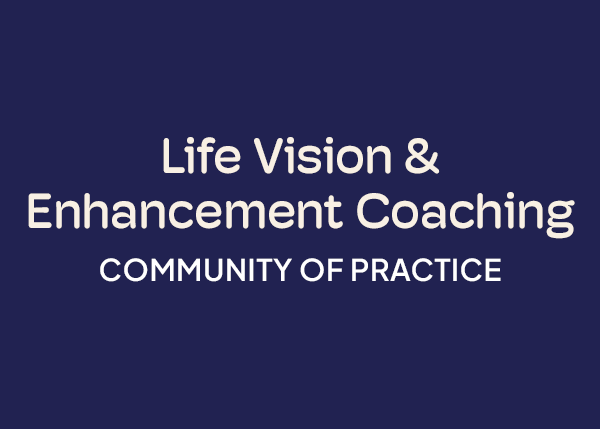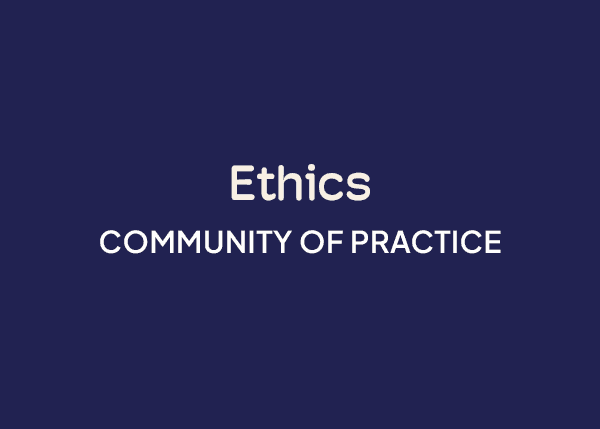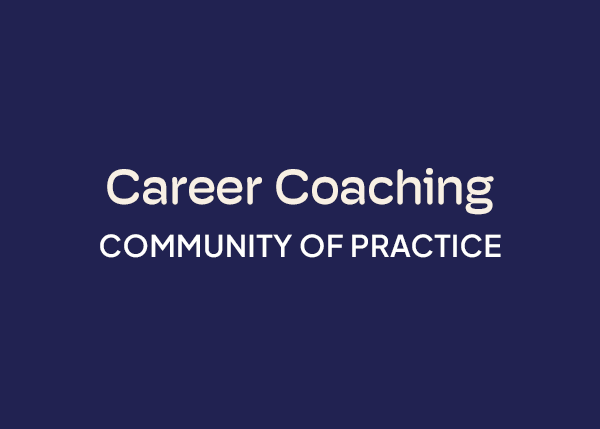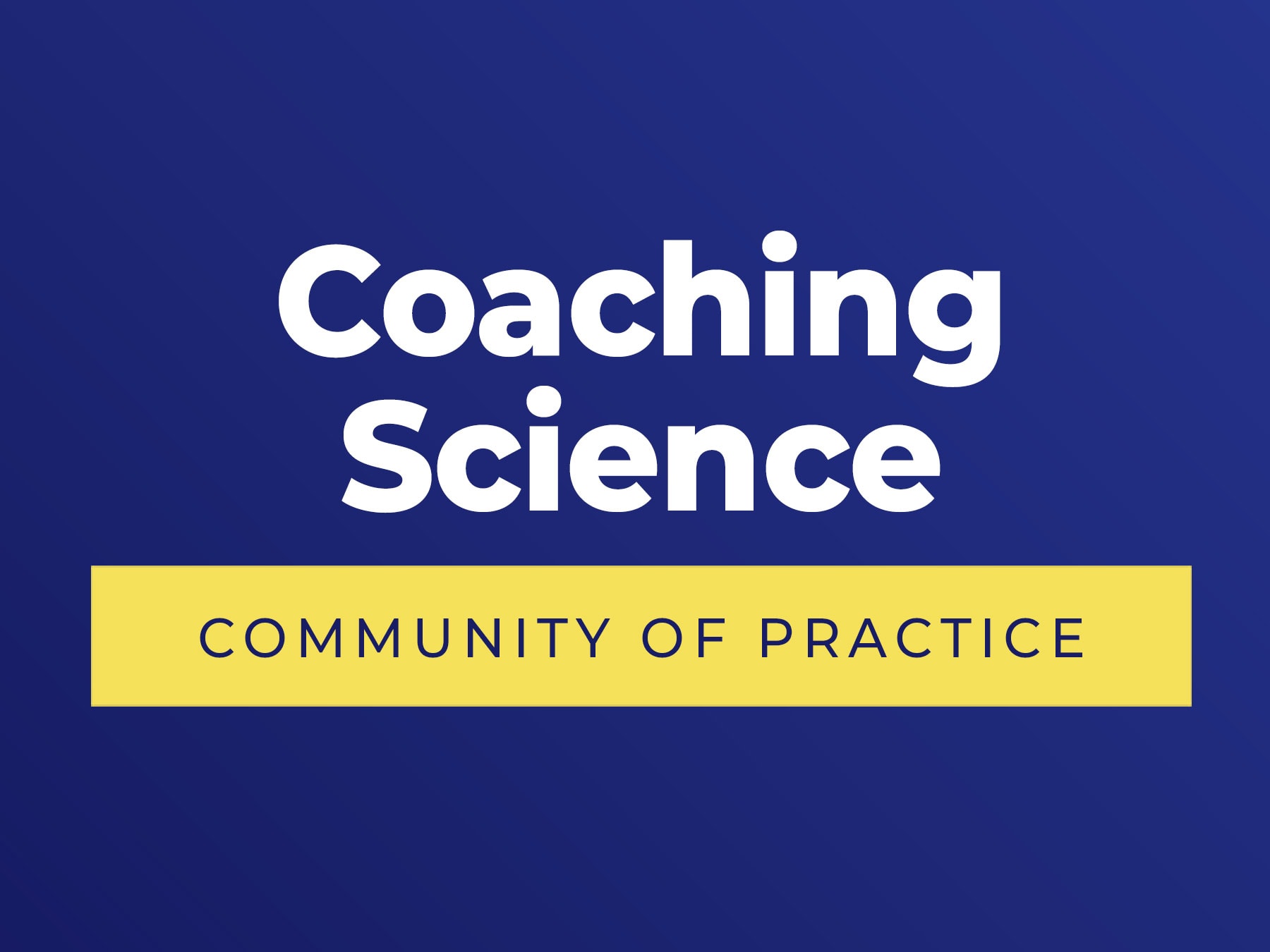ICF Chapter Leaders
Diversity, Equity, Inclusion, and Belonging (DEIB) Meaningful Focus Areas and Goals
ICF’s FY 2027 DEIB Focus Areas advance diversity, equity, inclusion, and belonging in coaching through representation, education, accessibility, and policy initiatives, fostering a more inclusive coaching community.
International Coaching Federation Announces 2026 Global Boards
Lexington, Kentucky, USA — The International Coaching Federation (ICF) has finalized its 2026 leadership team, welcoming…
International Coaching Federation and the Standing Conference of Public Enterprises Sign Landmark MoU to Transform Leadership Excellence in Indian Public Sector Enterprises
Lexington, KY, USA – The Standing Conference of Public Enterprises (SCOPE), the…
Allyship in Action: Coaching as a Catalyst for Change
Allyship is often framed as a value or an intention. In practice,…
We Want to Stay in Touch
In our fast-paced world, where change is constant, your contact details may…
From Story to Self: Integrating Artistic Process
This experiential session invites coaches to intentionally integrate story, poetry, and meditation into their practice to deepen client awareness, presence, and insight. Grounded in research on creative process and mindfulness, participants will explore how artistic and contemplative approaches strengthen active listening, ethical attunement, and trust-building while remaining aligned with professional coaching standards.
Embodied Ethics for ICF Credential Success
Preparing for your ICF credential can feel overwhelming, especially when it comes to submitting recordings. This quarterly webinar helps coaches at every level understand what reviewers look for and how ethical practice shapes success.
ChatGPT for Career Coaches
Discover how to help your clients find their perfect career path, their most important resume keywords to beat the ATS, and their best interview prep plan of attack – all by choosing the right AI tools to complement your expertise!
What Comes After Growth Mindset
How we show up and interact, reveals what we value, what we fear, how we think and what we believe. In this session we begin by noticing. Notice how we tend to show up in conversation. We will explore four types of mindsets that influence how we engage in conversation. The characteristics produce an energetic signature. Our mindset influences tone, timing, and ultimately then, how others perceive our trustworthiness. By applying several of the ICF sub-competencies, learn how to notice when a judgement arises and pause to allow curiosity to bubble up so we can generate new awareness that is the seed of evolution. The session offers an opportunity to match mindset traits with a specific business context, key relationship(s), and professional experience, applied first to self and second to your client context.
How Coaching Is Driving Inclusion Around the Globe: Lessons from Local ICF Chapters
When a group of mothers in Kazakhstan, many of whom had never…






